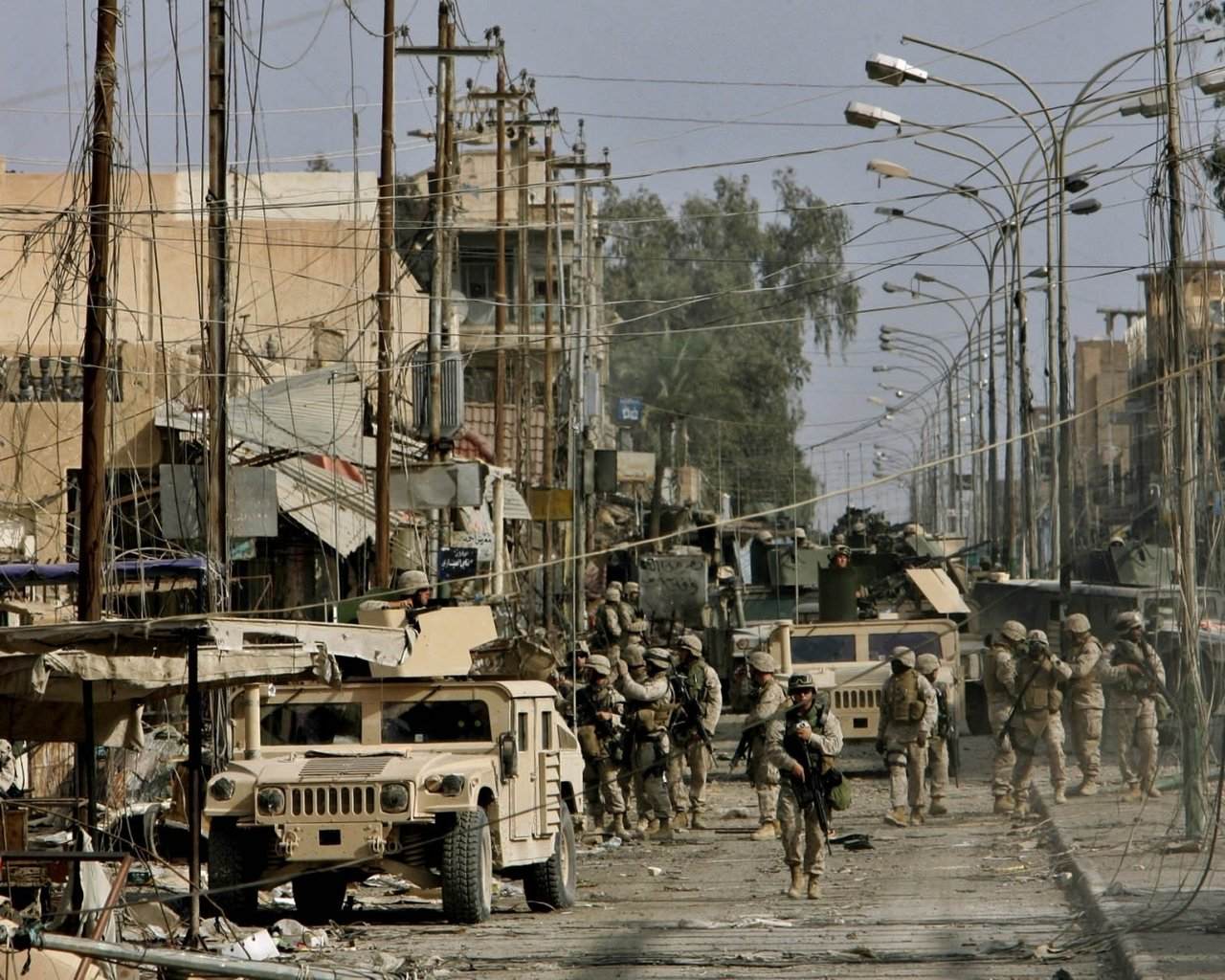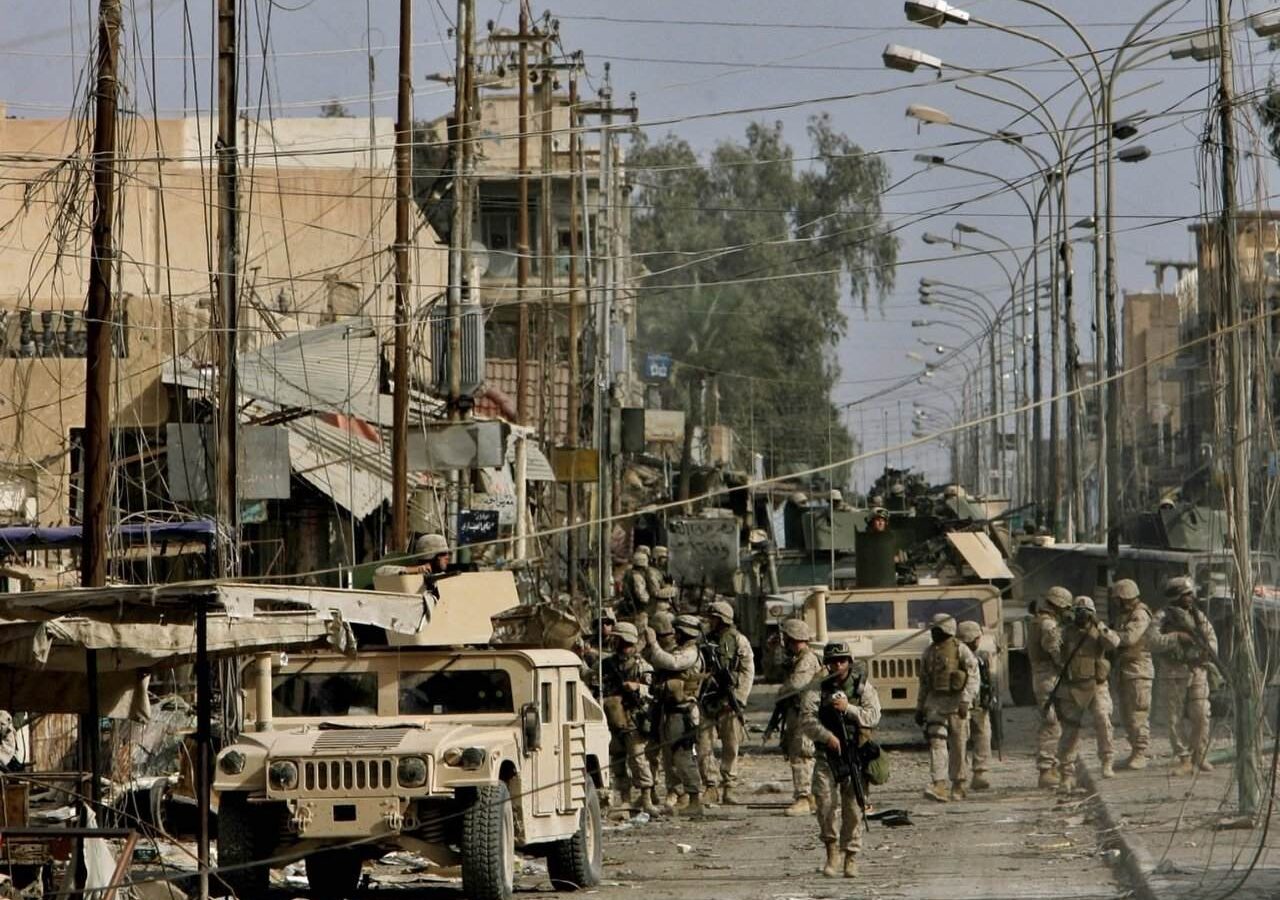
The US’ “regime change” operation in Syria could have been part of a broader plan aimed at destabilizing the Middle East, Joseph Thomas, chief editor of Thailand-based geopolitical journal, The New Atlas, suggests, citing Pulitzer Prize-winning investigative journalist Seymour Hersh and retired US Army General Wesley Clark.
Thomas calls attention to the fact that since 2001 Washington has systematically destroyed the nations of Afghanistan, Iraq and Yemen, and carried out covert operations against Iran.
“While the United States has created narratives for the public to serve as apparently ‘unique’ and independent justifications for each and every one of these conflicts, often predicated on averting a ‘humanitarian disaster’ or pursuing ‘terrorists’ and even preventing ‘weapons of mass destruction’ from being used against the West and its allies, America’s serial blitzkrieg across North Africa, the Middle East and Central Asia are part of a singular, admitted agenda,” Thomas writes in his article for New Eastern Outlook.
The journalist refers to retired US Army General Wesley Clark’s 2007 speech at the Commonwealth Club of California.
In the course of his speech delivered on October 3, 2007 General Clark, former Supreme Allied Commander Europe of NATO and a 2004 Democratic presidential candidate, highlighted that following the 9/11 the US has faced with a “foreign policy coup.”
Clark told the conference about a classified memo received by the Pentagon’s officials from the Secretary of Defense’s Office soon after the beginning of the Afghani campaign in 2001 that said that the US army had to “attack and destroy governments in seven countries in five years” — particularly in Iraq, Syria, Lebanon, Libya, Somalia, Sudan and Iran.
Clark also recalled a conversation he had with then US Undersecretary of Defense for Policy, Paul Wolfowitz, in 1991.
“He [Wolfowitz] said, we learned that we can use our military in the region in the Middle East and the Soviets won’t stop us. He said, and we have got about five or ten years to clean up those Soviet client regimes; Syria, Iran, Iraq, — before the next great super power comes on to challenge us,” the retired general noted.
However, it’s only half the story. Thomas also quotes Seymour Hersh’s article “The Redirection” published in March 2007 in The New Yorker. The investigative journalist warned that George W. Bush’s administration struck an agreement with the Persian Gulf Sunni regimes aimed at undermining Iran, Iraq and Syria.
“To undermine Iran, which is predominantly Shiite, the Bush Administration has decided, in effect, to reconfigure its priorities in the Middle East,” Hersh emphasized, “The US has… taken part in clandestine operations aimed at Iran and its ally Syria. A by-product of these activities has been the bolstering of Sunni extremist groups that espouse a militant vision of Islam and are hostile to America and sympathetic to al-Qaeda.”
Hersh underscored that the clandestine operations, championed by Saudi Prince Bandar bin Sultan and his Saudi counterparts, meant to use Salafist radicals and the Muslim Brotherhood movement against Shiite Iran and its allies in the region. The Saudis, the journalist noted, persuaded the Bush administration that they were able “to control” the religious fundamentalists.
US President George W. Bush (L) meets with Saudi Arabian Ambassador to the US Prince Bandar bin Sultan at the Bush Ranch 27 August 2002 in Crawford, Texas. (File)
The story, published by Hersh, has acquired a new meaning after US government non-partisan watchdog Judicial Watch released a 2012 Defense Intelligence Agency’s (DIA) report that stated clearly that Salafists, the Muslim Brotherhood and al-Qaeda in Iraq (AQI) have been major forces driving the insurgency in Syria since the beginning of the turmoil.
To add to the embarrassment, former DIA chief Michael Flynn assumed in his 2015 interview with Al-Jazeera that it was a “willful decision” on the part of Washington to side with Islamists in Syria back in 2012.
Against this background, Washington’s broken promise to separate “moderate rebels” from Islamists in Syria is understandable, according to the journalist.
Thomas is echoing Professor Stephen F. Cohen, who noted in his Tuesday interview on The John Batchelor Show that “the motive of the United States, the only mission that the US has in Syria, is removing [Syrian President] Assad from power” while the Islamists, most notably al-Nusra Front, constitute the most efficient anti-Assad force.
Russian journalist Eduard Birov believes that the concept of Washington harboring a plan of destabilizing the Middle East in a bid for geopolitical dominance is not completely groundless.
In his opinion piece for Russian Vzglyad newspaper he suggests that by deconstructing Syria the US hawks could drag the Middle East into chaos, which would spread to other parts of the Eurasian continent, primarily to China and Russia.
Thomas argues that Washington’s unwillingness to cooperate with Russia in Syria as well as its reluctance to separate so-called “moderates” from jihadists indicate that “the US has never prioritized confronting terrorism in Syria and has been using the presence of terrorist organizations merely as a pretext for more direct Western military intervention.”


